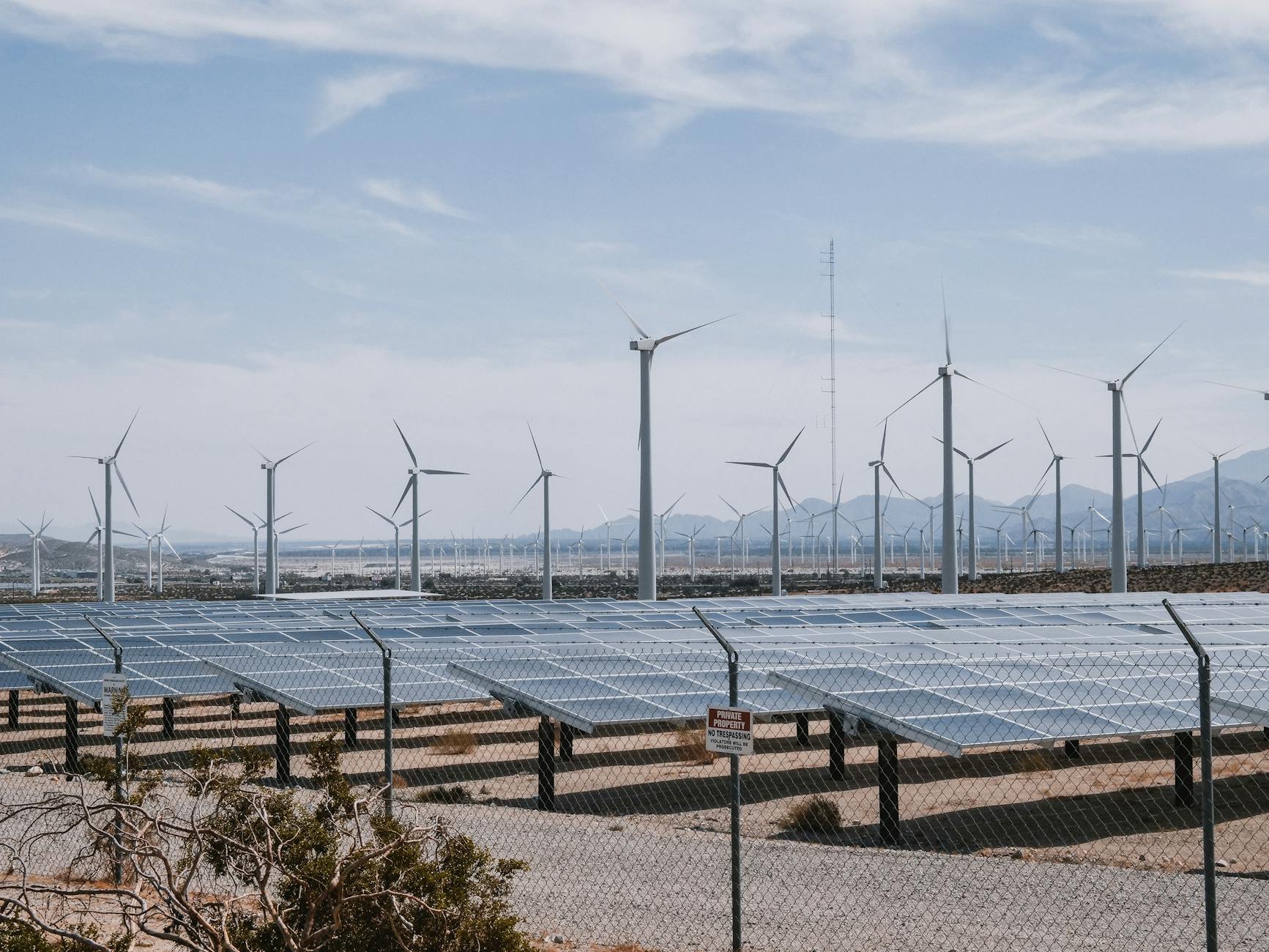Why Australia's AV Supply Stores are Your Best Resource for High-Quality Gear

Extensive Product Selection
Wide Variety of AV Equipment
Having a broad selection is crucial when it comes to choosing the right audio equipment for any setup. Whether you're scouring the AV supply stores in Newstead or looking for something specific, like a professional microphone for clearer, high-quality recordings, a diverse product range ensures all your needs are met. These stores offer various choices tailored for different applications, from home theatres to conference rooms.
Specialist Gear for Schools
For school installations, specific equipment like an induction loop system is essential to accommodate hearing-impaired students, ensuring an inclusive learning environment. AV stores frequently stock specialised educational gear that supports smooth integration into school infrastructures. Combining practical effectiveness with user-friendly interfaces, these solutions significantly improve teaching and student engagement.
Latest Technology Trends
Staying updated with the latest technology trends is easier when you have access to a wide range of products. At Brisbane Convention and Exhibition Centre events, for instance, you can often find the newest in AV technology showcased. Keeping an eye on these trends allows you to integrate up-to-date solutions, making sure you're not left behind as technology evolves. From cutting-edge projectors to advanced audio systems, high-quality products ensure you are always equipped with the best.
Incorporating these elements into your AV setups not only maximises performance but also ensures long-lasting functionality. By understanding and utilising these products, you can ensure efficient and effective installations every time.
Expert Guidance and Support
Personalized Recommendations
One of the top reasons to rely on AV supply stores like those in Newstead is the personalized advice you receive. As an IT coordinator, you understand that a tailored recommendation can make or break a project's success. This is especially true when selecting items like a motorised projector screen, where the right specs can enhance both functionality and user experience. These specialists can also provide insight into integrating various AV components, ensuring your setup runs smoothly.
Technical Training Resources
Another essential service these local stores offer is advanced technical training. When you're integrating data projectors into a school environment, the learning curve can be steep for both staff and students. Training sessions often feature hands-on activities and comprehensive guides, ensuring everyone can use the equipment efficiently. This training is akin to what you might find in the tech-savvy environment of the Brisbane Convention and Exhibition Centre. They can help you understand everything from the basics to more complex usage, preparing you to handle any scenario that may arise.
Troubleshooting Assistance
Lastly, troubleshooting assistance is crucial for maintaining smooth operation. Despite meticulous planning, technical hiccups are inevitable. AV supply stores in Newstead often have experienced technicians who can troubleshoot issues remotely or visit your site if necessary. Whether it's a faulty data projector or a complicated wire connection, having expert support can be invaluable. This level of assistance ensures that you're not left high and dry when facing challenges, allowing you to quickly get back on track.
Using these local resources will help you implement AV solutions efficiently and effectively, making your projects more successful and less stressful.
Reliable and Durable Options
When it comes to AV installations, quality and durability are paramount. Whether you’re setting up a small school system or configuring a complex venue like the Brisbane Convention and Exhibition Centre, reliable and durable options can make or break your project.
High-Quality Materials
Choosing components made from high-quality materials ensures longevity and resilience. AV supply stores in Newstead offer a wide array of top-notch equipment. For instance, if you're investing in a recording microphone, opting for a model with a robust build can withstand the daily wear and tear often experienced in educational environments.
Long-Term Performance
In any AV setup, all components must deliver long-term performance. This is particularly crucial in environments where downtime isn't an option, such as busy technology parks in Eight Mile Plains. One essential component to consider is paging systems which play a significant role in ensuring effective communication across large spaces. A reliable system significantly enhances the coordination and overall experience of an event or daily operations.
Warranty and Support Policies
Warranty and support policies also play a key role in the selection process. Look for suppliers who provide comprehensive warranties and responsive customer support. These policies can save you from unexpected costs and headaches down the line. When issues arise, having access to a support team that is just as meticulous can make a substantial difference in maintaining the integrity of your AV systems.
Integrating these factors into your purchasing decisions ensures that your AV installations are not only functional but also efficient and enduring. The right choices will support continuous, reliable service, aligning finely with the high professional standards required in various demanding settings.
Community and Network Benefits
Effective AV system setups extend beyond just the equipment; they thrive on community and network benefits. In my practice as an AV installer from Salisbury, I often leverage local resources such as educational forums and professional networks. These connections are crucial for staying informed and ahead in such a dynamic field.
Educational Forums
Educational forums serve as gold mines for both novice and experienced AV professionals. These platforms provide a collaborative space where users can discuss new techniques, solve common issues, and learn about cutting-edge technology like mesh radios. Participating actively in forums can lead to discovering practical solutions that can streamline your setups. For instance, quick fixes and hacks shared by other professionals can greatly assist in enhancing your home entertainment systems.
Professional Development
Professional development opportunities are invaluable. Attending workshops and seminars, often hosted at venues like the Brisbane Convention and Exhibition Centre, can keep you updated on the latest technologies and industry best practices. Whether the focus is on improving your understanding of new integrative technologies or mastering the latest AV software, these opportunities are essential for growth. Don’t overlook local tech parks like those in Eight Mile Plains or AV supply stores in Newstead as venues for hands-on training sessions.
Collaboration Opportunities
The AV community is tight-knit and collaborative. Networking events offer a chance to meet fellow professionals, share insights, and potentially collaborate on larger projects. Establishing these relationships is particularly beneficial when troubleshooting complex installations or needing quick support.
A strong community and network will not only bolster your technical expertise but also provide a support system. By engaging with educational forums, seizing professional development opportunities, and leveraging collaboration, you'll be better equipped to navigate the ever-evolving landscape of AV technology.
Avoiding Common Mistakes for Successful AV Installations
Overlooking Compatibility
One of the most frequent blunders in AV setups is neglecting compatibility. At AV supply stores in Newstead, it's crucial to ensure that every piece of equipment you purchase works seamlessly with your existing system. When you’re mixing various devices, always check for compatibility issues related to connectors, formats, and software support to avoid frustration down the line.
Ignoring Future Needs
Another common mistake is failing to consider future expansion. In technology parks like Eight Mile Plains, where systems often scale rapidly, planning for current needs without factoring in future growth can lead to costly overhauls. Future-proof your setup by opting for modular components and flexible cabling infrastructure that can handle additional devices or increased complexity.
Rushing Purchases
Lastly, rushing your purchases can be detrimental. It may be tempting to quickly snap up the latest gadgets, but informed decisions made with patience often yield better results. Take the time to research and consult experts from places like the Brisbane Convention and Exhibition Centre. These professionals can offer insights that are invaluable, guiding you through the nuances of each product to ensure you get the right fit for your specific needs.
By sidestepping these common mistakes, you're better positioned to create a robust and reliable AV system. Leveraging resources from top AV supply stores and local expertise will ensure that your installations not only meet but exceed professional standards, making each project a success.


